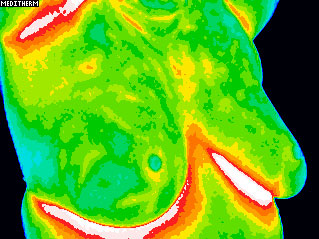“What is food to one person may be bitter poison to others.” This expression originated in the first century C.E. Even the ancient Romans knew that the same meal may be nourishing to one person and detrimental to another. But, how do you know what is your food, and what is your poison? Further, what if the meal that nourishes you today is toxic to you tomorrow? Food sensitivity testing was developed to help you discover what diet is best for you!
Romans knew that the same meal may be nourishing to one person and detrimental to another. But, how do you know what is your food, and what is your poison? Further, what if the meal that nourishes you today is toxic to you tomorrow? Food sensitivity testing was developed to help you discover what diet is best for you!
I remember the time before this testing was available. The only way to ascertain food sensitivities was to go through a food-elimination diet that could last for months. I can attest, from personal experience, that this was a miserable process. Then, almost 20 years ago, the first food sensitivity panel came on the market. It only measured IgG immune reaction to four foods, but even this small test helped people avoid their acne, eczema, migraines, fatigue, weight gain, indigestion, constipation, sinus & respiratory issues,etc!
About 15 years ago a young woman came to see me for migraines. Though our work together over 2 months, the intensity and frequency of her headaches was cut in half. Then she decided to do a fast with her friend. I encouraged her not to, because going without food for days causes blood sugar dysregulation, which in turn can cause migraines, but she was determined. To my surprise, her headaches vanished during her week-long cleanse, but returned immediately afterwards. I ordered the 4-food panel IgG test for her and we discovered she was sensitive to milk products. This information was the piece that changed her migraines for good.
It is important to understand the difference between various immune responses. If you get hives or asthma right after eating something, you have an IgE reaction to that food. Theoretically, IgE antibodies will never go away; they are true “food allergies”. Food sensitives are quite different. They may manifest as a measurable IgG or IgA antibody response, as well other immune-mediated pathways causing inflammation.
In sharp contrast to the 4-IgG antibody test available 20 years ago, now there are several food sensitivity panels available. We can measure food sensitivity antibodies (IgG and IgA) as well as the classic allergic response antibodies (IgE) to hundreds of foods. We can also directly measure your body’s inflammatory response to foods, chemicals, inhalants and herbs!
The information available through food sensitivity panels can be a turning point for patients. But, testing is only the first step. Knowing how to use this information to guide patients towards optimal health is to answer the age-old question of food: medicine or poison.






